Reactions have continued to trail the announcement of fuel subsidy removal by Nigeria’s new president, Bola Ahmed Tinubu.
Prof. Magnus Kpakol, Executive Chairman, Economic Growth and Development Centre, has said the decision to end the subsidy regime is a good one considering the huge spending on it but should have been done in phases, not total removal at once.
Kpakol, who appeared on Channels Television Sunrise Daily programme on Wednesday morning said total removal of the subsidy at once has grave economic implications, especially on ordinary citizens.
While noting that the subsidy removal ought to have been done before now, he suggested that it should be done in a way that the masses do not feel the pain much.
The president’s announcement during his inaugural speech on Monday that the “petrol subsidy is gone,” did not go down well with the citizens as it caused panic-buying, long queues in filling stations and unfortunately hike in price across Nigeria. Less than 24 hours after the announcement, the pump price of Premium Motor Spirit (PMS), commonly known as petrol, jumped to N600 per litre from N195 per litre in various parts of the country.
Join our WhatsApp ChannelREAD ALSO: Fuel Subsidy Removal: Tinubu Responds To Long Queues, Rising Fuel Prices
The sudden increase has to a hike in transport fares, as citizens complain.
In response to the development, Tinubu on Tuesday, met with key stakeholders, including the Group Chief Executive Officer of the Nigerian National Petroleum Company Limited (NNPCL), Mele Kolo Kyari, and the Central Bank of Nigeria Governor, Godwin Emefiele, to find a solution.
READ ALSO: Fuel Subsidy Removal: Tinubu Responds To Long Queues, Rising Fuel Prices
Kyari explained that the Federal Government could no longer fund the subsidy, as the NNPC was owed N2.8 trillion that it had spent on petrol subsidy. He called on the citizens to remain calm, assuring that the government would create measures to cushion the effect.
Meanwhile, Tinubu through a statement from his media centre said the subsidy removal is not immediate and urged Nigerians not to resort to panic-buying.
Prime Business Africa understands that there is no budgetary provision for subsidy beyond June.
Prof Kpakol, a former Chief Economic Adviser to President Olusegun Obasanjo, emphasised that the government should engage in strategic communication to make the citizens understand the need for the subsidy removal and not perceive the policy decision as one that would cause them long-term pain. He said without proper communication using different approaches, the government would continue to receive heavy backlash.
“The President and his technical advisers should find a way that they can communicate this to the whole nation.”
Labour: Government should provide alternatives to cushion the effect
Commenting on the Fuel Subsidy removal, President of the Nigeria Labour Congress (NLC), Comrade Joe Ajero, said Tinubu shouldn’t have gone ahead to make the pronouncement without ensuring that adequate measures were put in place to cushion the effect of the removal on the people.
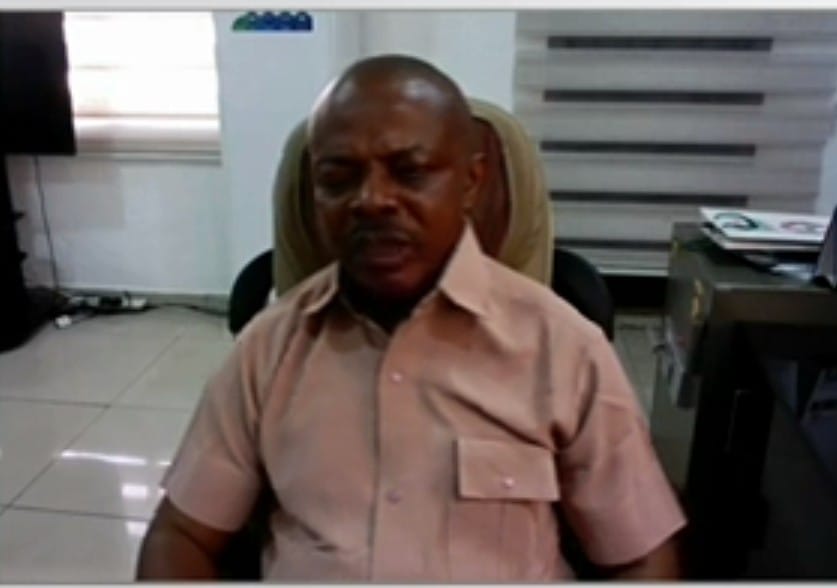
“Even if the president has the best of intentions for Nigerians, there can’t be abortion without pregnancy. You can’t go into such a sensitive issue without providing an alternative,” Ajero said.
He recalled that during the last administration of Muhammadu Buhari when the issue of subsidy removal was raised, a committee was formed to look into the effect and alternatives to the withdrawal of subsidy but nothing came out of it.
“One expected that the President (Tinubu) should have asked questions and find out the implications this would have on the majority of Nigerians,” Ajero added.
The NLC president said that during their discussion with the committee formed by the previous administration, suggestions were made for the repair of the refineries and (Warri, Port Harcourt, Kaduna) deploying infrastructure for the production of Compressed Natural Gas (CNG) for use by vehicles.
He said that if the government had done what the labour union and other stakeholders suggested, nobody would be talking about subsidy.
He said the government need to carry Nigerians along in the implementation of the subsidy removal by providing alternatives such as social safety net, free mass transit buses to ease transport cost and other viable measures.
Ajero disclosed that organised labour will meet today with the Federal government to the matter
On his part, National Public Relations Officer, the Independent Petroleum Marketers Association of Nigeria (IPMAN) Yakubu Suleiman, said marketers support the deregulation of the oil and gas industry and the removal of subsidy, adding that it is a step in the right direction.
The IPMAN PRO said marketers are being cautioned to continue selling PMS at the approved price of N195 per litre until the end of June when payment of subsidy will finally end.
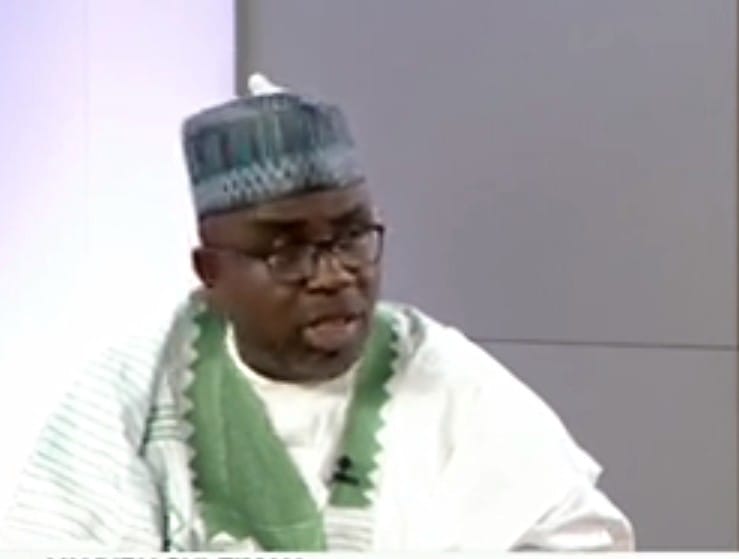
Aside, from the subsidy removal decision, the economic expert, Kpakol, also stressed that governors, elected members of parliament and local council administrators should all rally together in communicating to the people about government policies and plans to enable them to understand and align to make them work.
Speaking generally on Tinubu’s economic plans as highlighted in his inaugural speech, Kpakol said Nigeria has a human capital deficiency which needs to be addressed to enable the government to achieve its plans and boost productivity. He pointed out that without increasing human capacity through massive skill acquisition and investment in critical infrastructure, government plans won’t be achieved no matter how lofty they may seem to be.
“We have to find ways to invest in the people. Invest in them in a way that will be able to produce. Every community should be able to find out what they will be able to produce. That’s what the Chinese are doing. “
Victor Ezeja is a passionate journalist with six years of experience writing on economy, politics and energy. He holds a Masters degree in Mass Communication.

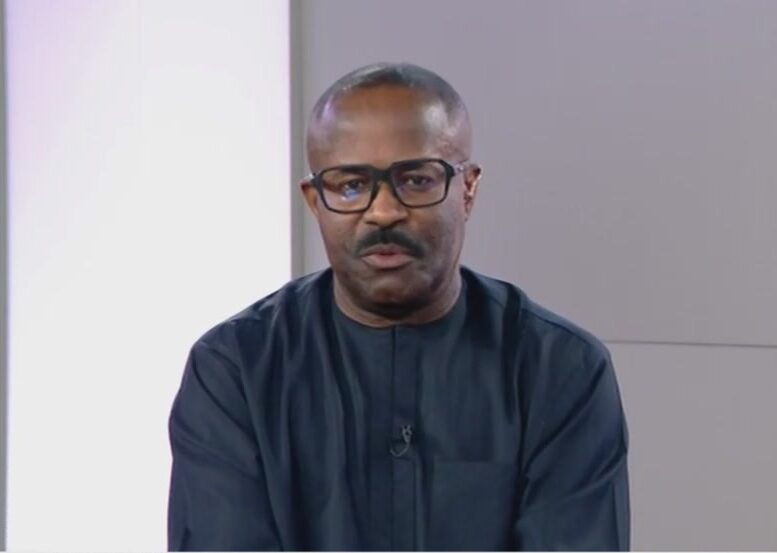










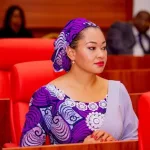


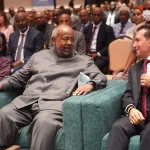


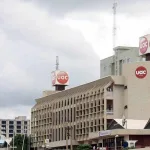
Follow Us